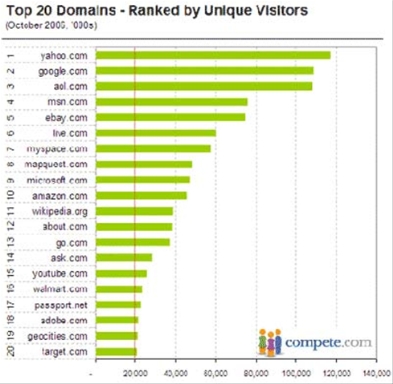Are you thinking in introducing a 2.0 service in your company? Blogs, wikis, social nets … Is undoubtedly a complicated world in which some advices will not come badly. In that way, Dion Hinchcliffe offers nine ideas for those chiefs who consider putting their company in the Web 2.0 world.
The most important thing, affirms Hinchcliffe, is to assure the facility of use. That anyone is capable of using the new tool without a workshop. Without forgetting that we must explain the users why it has introduced and how it is going to do easiest their life.
As for the application control, we must support ourselves in a balance: Not to make it empty and clean, hoping the workers to contribute the whole content, or to exaggerate the fear of losing control on what the users do with our tool. Instead of censuring, intervene only if it is indispensable.
We neither must forget to include in our wiki or our social net an effective search service. This way, when we upload the company contents that the workers should know, they will be able to find them without problems.
But not everything is going to be a technique in this adventure: To have attorneys who really are interested in the project (even if they are external and not habitual ones of the company) and to insure that the tool solves users needs, will be also two essential points.
Source: ZDNet
![]()


